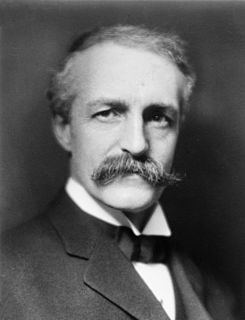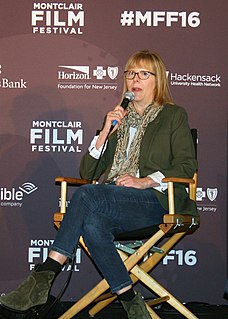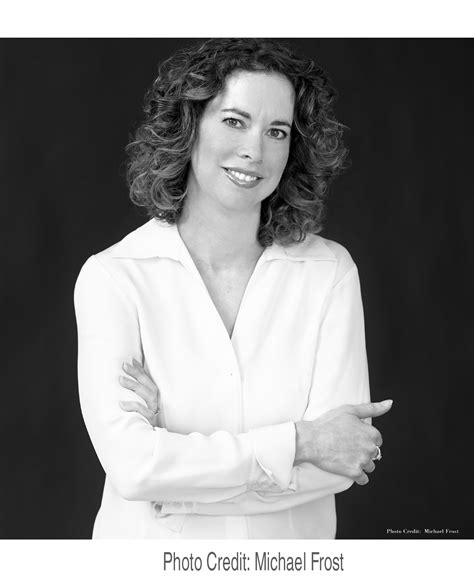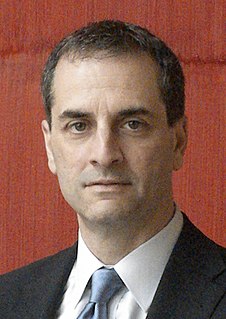A Quote by Vandana Shiva
My father had been a forester and I had grown up on those hills. I had seen forests and streams disappear. I jumped into Chipko movement and started to work with the peasant women. I learned from them about what forests mean for a rural woman in India in terms of firewood and fodder and medicinal plants and rich knowledge.
Related Quotes
My personal background is actually very unusual for the kind of career I chose. I didn?t meet anyone who had ever done physics in my life. I grew up in the Himalayan forests. My father was a forest conservator, which meant that if I wasn?t in school I was in the forests with him. That has been very largely responsible for my ecological inclinations.
To thousands of elder women in the late sixties and early seventies [the private women's club movement] came like a new gospel ofactivity and service. They had reared their children and seen them take flight; moreover, they had fought through the war, their hearts in the field, their fingers plying needle and thread. They had been active in committees and commissions, the country over; had learned to work with and beside men, finding joy and companionship and inspiration in such work. How could they go back to the chimney-corner life of the fifties?
I had grown up. I had learned that being a woman was knowing when to stand firm and when to compromise. I had learned to laugh and weep; I had learned that I was weak as well as strong. I had learned to love. I was no longer a rigid, upright tree that would not flex and bow, even though the gale threatened to snap it in two; I was the willow that bends and shivers and sways, and yet remains strong.
In the weeks since I had made the decision to leave my father's house, I had grown up. And I had learned that not every battle can be fought by firing an arrow from a bow. But I would have to face whatever new challenges came my way as bravely as I had faced the Huns. I could not wallow in self-pity, thinking about what might have been. I had to do my duty. It was the only way to stay true to myself.
I was a child of the women's movement. Everything I had learned was from my mother and my grandmother, who both had a very pioneering spirit. They had to, because they had to change flat tires and paint the house - because, you know, the men didn't come home from the war or whatever else, so women had to do these things.
When I was growing up in the '50s, I had never heard of a "woman film director," so I did not consider it as an option. But I was fortunate that in the late-'60s and '70s, because of the feminist movement, women were stepping into all sorts of careers that had been closed to them in the past and film was one of them.
Martin Scorsese was one of the few who had not been an assistant. Most of the guys had been an assistant and worked their way up. But I had seen an underground picture he had made in New York, a black-and-white film. I had done a picture for American International, about a Southern woman bandit, the Ma Barker story, and it was very successful, and I had left to start my own company, and they wanted me to make another one.
It was, as I have said, a fine autumnal day; the sky was clear and serene, and nature wore that rich and golden livery which we always associate with the idea of abundance. The forests had put on their sober brown and yellow, while some trees of the tendered kind had been nipped by the frosts into brilliant dyes of orange, purple, and scarlet.
Magna Carta only came into being in 1217, when the wording had been changed and parts of the original were extended in the Charter of the Forests. This complementary charter covered liberties granted to the common man, including rights to the commons, grazing, fishing, water, and firewood, and was perhaps the first ecological charter in history.

































